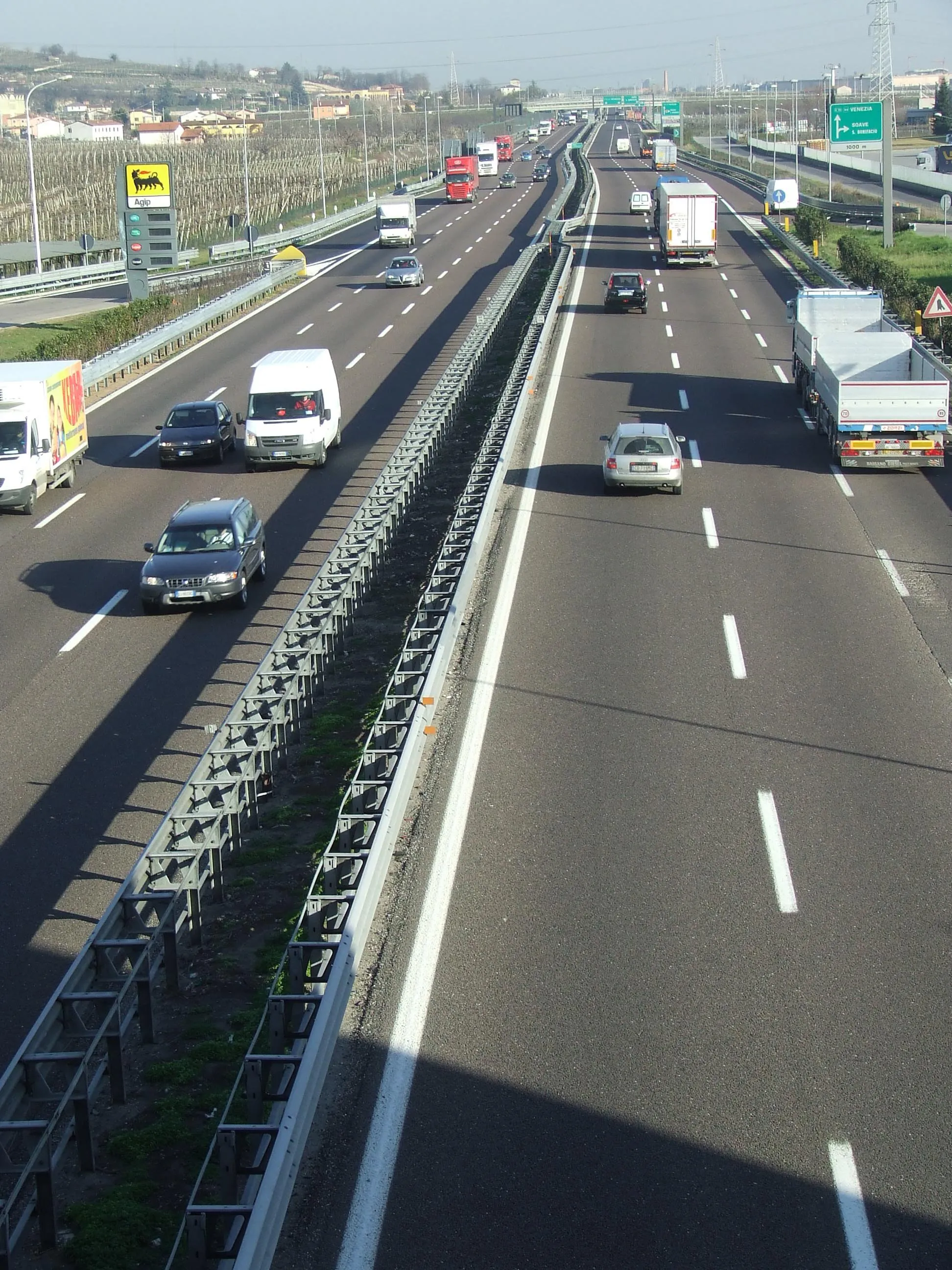European Commission (EC) vice-president Antonio Tajani said the performance of the continent’s construction sector had a “significant” bearing on the development of the whole European economy. “The competitiveness of construction companies is therefore an important issue not only for growth and employment in general, but also to ensure the sustainability of the sector,” added Tajani, who was speaking during the FIEC (European Construction Industry Federation) and EC organised ‘Construction Summit’ held duri
June 11, 2012
Read time: 2 mins
RSS2465 European Commission (EC) vice-president Antonio Tajani said the performance of the continent’s construction sector had a “significant” bearing on the development of the whole European economy.
“The competitiveness of construction companies is therefore an important issue not only for growth and employment in general, but also to ensure the sustainability of the sector,” added Tajani, who was speaking during the FIEC (6164 European Construction Industry Federation) and EC organised ‘Construction Summit’ held during the FIEC annual congress in Istanbul, Turkey.
The aim of the Construction Summit was to discuss a forthcoming Action Plan for the Construction Sector, soon to be adopted by the European Commission together with representatives of the construction industry from across Europe.
During the Summit outgoing FIEC president, Luisa Todini, said many small to medium-sized construction businesses were being “forced into bankruptcy” through continued late payment by public authorities and through the refusal of banks to lend.
To ensure competitiveness of EU companies Todini said it was crucial to ensure a “level playing field” in compliance with environmental, social and corporate governance standards both on the European and international markets.
Concluding the summit, Todini congratulated vice-president Tajani on his decision to hold more regular high level summits between FIEC, which represents 33 national member federations in 29 countries, and the European Commission.
Thomas Schleicher, a German contractor, has been elected as president of FIEC until 2014.
“The competitiveness of construction companies is therefore an important issue not only for growth and employment in general, but also to ensure the sustainability of the sector,” added Tajani, who was speaking during the FIEC (
The aim of the Construction Summit was to discuss a forthcoming Action Plan for the Construction Sector, soon to be adopted by the European Commission together with representatives of the construction industry from across Europe.
During the Summit outgoing FIEC president, Luisa Todini, said many small to medium-sized construction businesses were being “forced into bankruptcy” through continued late payment by public authorities and through the refusal of banks to lend.
To ensure competitiveness of EU companies Todini said it was crucial to ensure a “level playing field” in compliance with environmental, social and corporate governance standards both on the European and international markets.
Concluding the summit, Todini congratulated vice-president Tajani on his decision to hold more regular high level summits between FIEC, which represents 33 national member federations in 29 countries, and the European Commission.
Thomas Schleicher, a German contractor, has been elected as president of FIEC until 2014.







